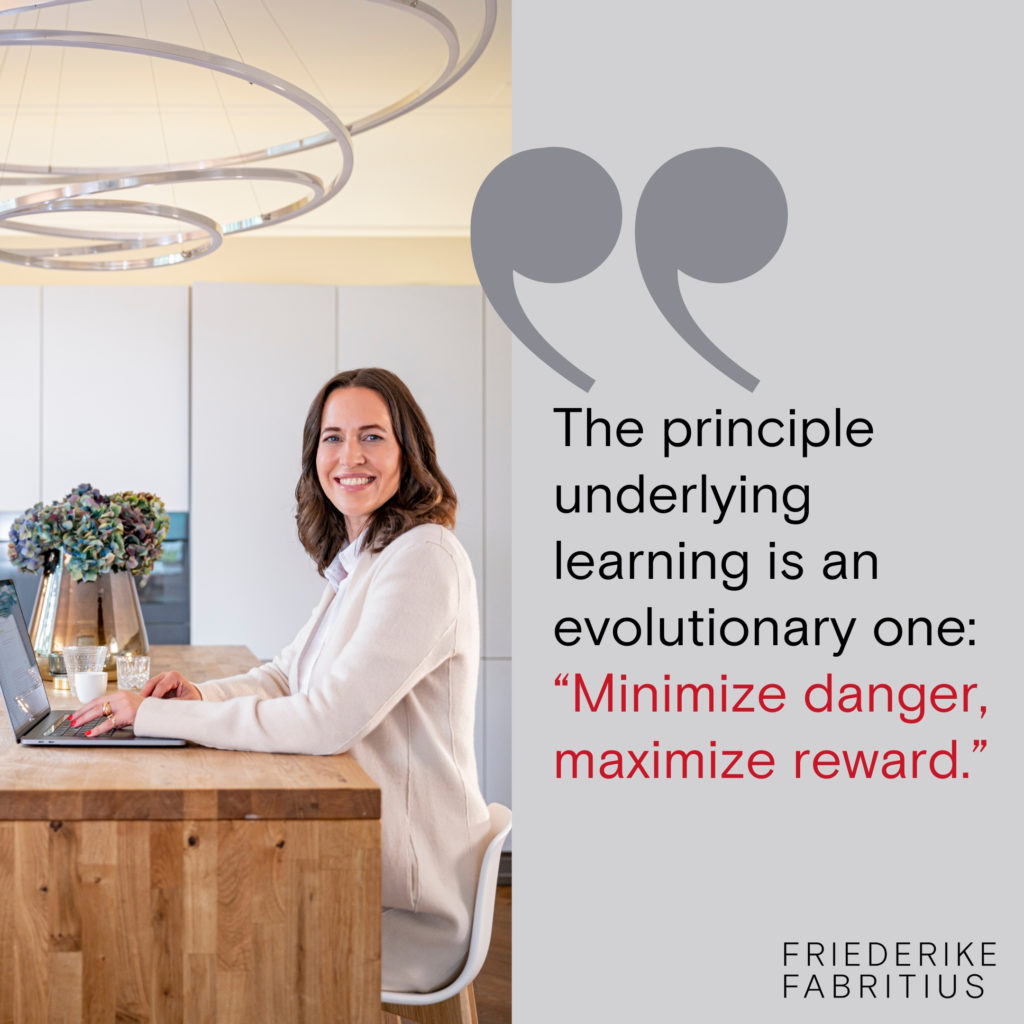What if our world consisted entirely of carrots and sticks?
What if our world consisted entirely of carrots and sticks?
Although the idea may seem preposterous, it doesn’t stray all that far from reality.
We spend a great deal of our lives responding to threats (sticks) and rewards (carrots), whether they are real or perceived.
Threats are seen as endangering our survival, while rewards hold the promise of prolonging it.
For our ancestors, this was literally a life-or-death matter. If we failed to notice the tell-tale shape of a potential predator lurking in the bushes, we might serve as somebody’s meal. Likewise, if we were weak from hunger and didn’t recognize the nutritious berries within our grasp, we might perish from starvation.
Although moving toward some tasty berries might seem like the same action as moving away from a dangerous predator only in reverse, the truth is that our brain’s threat and reward circuits are radically different. When we feel threatened, our brain’s rational, deliberative side temporarily shuts down. It’s all about reaction. We don’t have the luxury of weighing our options. We need to act. Now!
Rewards can be quite different. They usually activate the parts of our brain that handle analysis, consider choices, and employ a more nuanced way of thinking. In short, they make us more receptive to creativity, innovation, and learning.
How can we tip the scale away from a threat state and more toward a reward one? Threat responses often arise when we’re out of balance or feel as though we are at some sort of disadvantage. That’s why one of the best ways to shift yourself toward a reward state of mind is to do everything you can to maintain good health: eat well, exercise regularly, and strive to get eight hours of sleep every night.
When you do, you may discover that the world around you has far more carrots than sticks!
